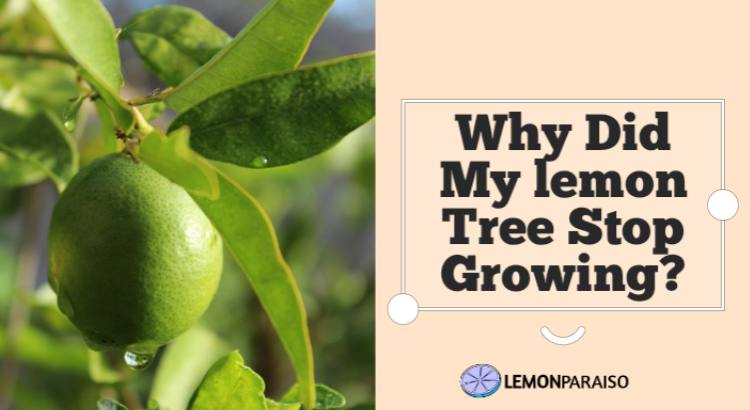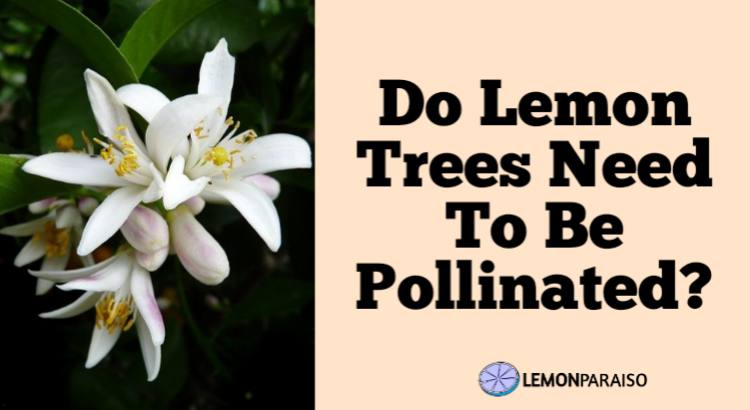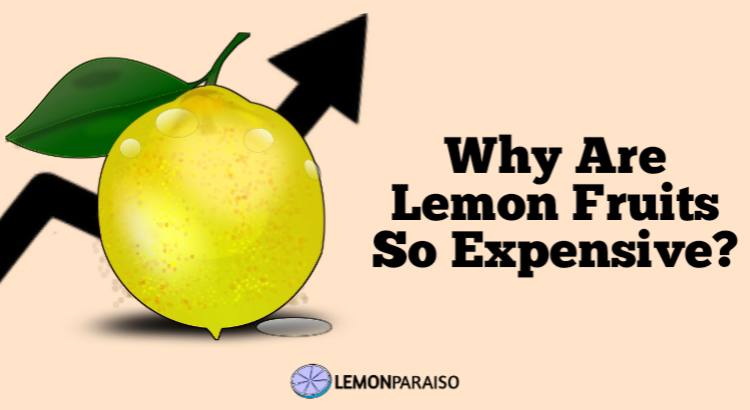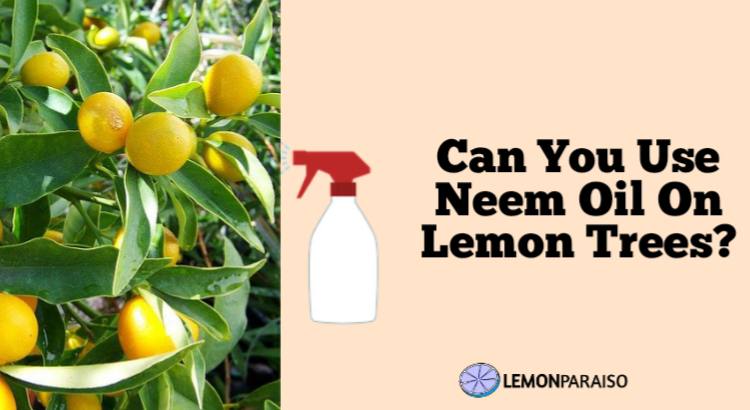Can Lemon Trees Grow In New York?
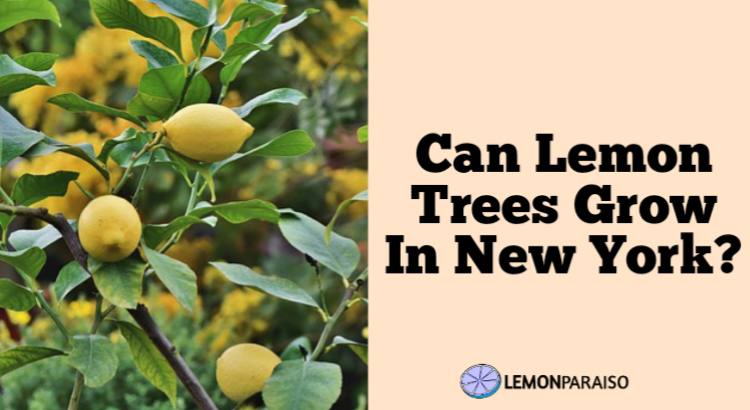
Lemon trees, with their vibrant fruit and fragrant blossoms, are an appealing addition to any garden or home. While New York’s climate may not be the most hospitable for citrus trees, it is indeed possible to grow and enjoy these delightful trees with the right care, planning, and variety selection.
Can Lemon Trees Grow In New York?
Lemon trees can indeed grow in New York, although it requires special care and attention due to the region’s climate. As New York experiences colder winters than citrus trees typically prefer, it is essential to select the right variety and provide adequate protection from freezing temperatures.
Many gardeners in New York have successfully grown lemon trees by planting them in containers, which allows for easy relocation indoors during winter months. Additionally, planting in a sheltered location with access to full sun exposure can help lemon trees thrive.
Growing dwarf varieties is also a popular choice, as these smaller trees are easier to manage and move indoors when necessary. Overall, while it can be challenging, growing lemon trees in New York is achievable with proper care and planning.
What Is The Ideal Temperature For Lemon Trees In New York?
Lemon trees, being a citrus species, prefer a warmer climate with temperatures ranging from 55 to 90 degrees Fahrenheit. Ideally, nighttime temperatures should not dip below 55 degrees, and daytime temperatures should stay between 70 and 90 degrees.
In New York, this ideal temperature range is more commonly experienced during late spring, summer, and early fall. It is crucial to protect lemon trees from frost and freezing temperatures, which can damage or kill the tree.
To ensure their survival, lemon trees should be moved indoors or provided with adequate protection during the colder months. When indoors, maintain a consistent temperature above 55 degrees and provide adequate humidity and sunlight to keep your lemon tree healthy.
What Is The Best Lemon Tree Variety For New York?
The best lemon tree variety for New York is one that is cold hardy and well-suited for container growing. The Improved Meyer lemon tree is an excellent choice for this purpose, as it is more cold-tolerant than many other varieties and can withstand temperatures down to about 20 degrees Fahrenheit.
Additionally, the Improved Meyer lemon is a naturally smaller tree, which makes it ideal for container growing and easier to move indoors during the winter. Other cold-tolerant varieties to consider include the Ponderosa lemon tree and the Lisbon lemon tree. However, no matter the variety, it is still essential to provide adequate protection and care during colder months to ensure the tree’s survival.
How Do You Care For A Lemon Tree In New York?
Caring for a lemon tree in New York requires diligence in protecting the tree from cold temperatures, providing proper sunlight, and maintaining adequate soil conditions. During the growing season, place the tree in a sunny location with at least six hours of direct sunlight per day.
Regular watering and well-draining soil are also essential for a healthy lemon tree. In winter, move the tree indoors or provide appropriate frost protection, such as covering it with frost cloth or using a heat lamp. Indoor trees should be placed near a sunny window or supplemented with grow lights to ensure they receive enough light.
Additionally, be mindful of humidity levels indoors, as lemon trees prefer a more humid environment. Finally, regularly fertilize the tree using a citrus-specific fertilizer to support growth and fruit production.
Can You Grow Lemon Trees Indoors In New York?
Yes, lemon trees can be grown indoors in New York, especially if you choose a dwarf variety suitable for container growth. Indoor lemon trees require a bright, sunny location, ideally near a south-facing window, to receive at least six hours of sunlight per day.
If adequate natural sunlight is not available, supplementing with grow lights is a viable alternative. Regular watering, well-draining soil, and a consistent temperature above 55 degrees Fahrenheit are crucial for indoor lemon tree growth.
Additionally, maintaining indoor humidity levels by using a humidifier or placing a tray of water near the tree can help create a more suitable environment for the tree. Proper pruning and fertilization will encourage healthy growth and fruit production for indoor lemon trees.
Can Lemon Trees Grow In Containers In New York?
Lemon trees can indeed grow in containers in New York, making them a popular choice for gardeners who face space limitations or wish to move their trees indoors during the winter months. Choose a dwarf variety, such as the Improved Meyer lemon tree, which is better suited for container growing.
Select a large container with drainage holes and use well-draining, slightly acidic soil for optimal growth. Regular watering and fertilization with a citrus-specific fertilizer will ensure your container-grown lemon tree thrives.
Make sure to place the container in a sunny location, providing at least six hours of direct sunlight per day. Moving the tree indoors during colder months will protect it from frost damage and ensure its survival.
How Long Does It Take For A Lemon Tree To Bear Fruit In New York?
The time it takes for a lemon tree to bear fruit in New York can vary depending on factors such as the tree’s age, variety, and growing conditions. Generally, lemon trees begin to bear fruit within 3 to 5 years after planting.
Grafted trees, which are more commonly available for purchase, may start producing fruit sooner, sometimes within 2 to 3 years. Providing the tree with optimal growing conditions, including adequate sunlight, water, and fertilization, can encourage fruit production.
It is essential to protect the tree from frost and maintain a consistent temperature for the tree to successfully produce fruit in New York’s climate.
What Are The Common Pests And Diseases Of Lemon Trees In New York?
Lemon trees in New York can be susceptible to a variety of pests and diseases, which can affect the tree’s overall health and fruit production. Common pests include aphids, spider mites, scale insects, and whiteflies, which can be controlled through regular monitoring, using insecticidal soap, or introducing beneficial insects like ladybugs.
Diseases that may affect lemon trees in New York include citrus canker, root rot, and leaf spot. Proper cultural practices, such as maintaining adequate air circulation, avoiding overwatering, and pruning dead or diseased branches, can help prevent the onset of these diseases. If a disease does occur, promptly treating the issue with fungicides or other appropriate measures is essential to prevent further damage.
Where Can I Buy Lemon Trees In New York?
Lemon trees can be purchased in New York from local nurseries, garden centers, or online retailers that specialize in citrus trees. It is crucial to select a reputable seller to ensure that you are purchasing a healthy, disease-free tree.
When buying a lemon tree, opt for a cold-hardy variety suitable for New York’s climate and, if possible, choose a grafted tree, as these typically produce fruit sooner than seed-grown trees. Ensure that the tree is well-established, with a healthy root system and no visible signs of pests or diseases.
Can You Grow Lemon Trees From Seeds In New York?
Growing lemon trees from seeds in New York is possible, although it can be a more challenging and time-consuming process compared to planting a grafted tree. Seed-grown lemon trees take longer to bear fruit, often requiring 5 to 7 years or more before producing.
To grow a lemon tree from seed, plant the seeds in well-draining soil and provide them with warmth and moisture to encourage germination. Once the seedlings are established, transplant them to larger containers or outdoors during the warmer months, ensuring they receive plenty of sunlight and consistent watering.
Be prepared to move the tree indoors during the winter to protect it from frost. While growing a lemon tree from seed in New York can be a rewarding experience, opting for a grafted tree will provide a more predictable outcome and faster fruit production.

